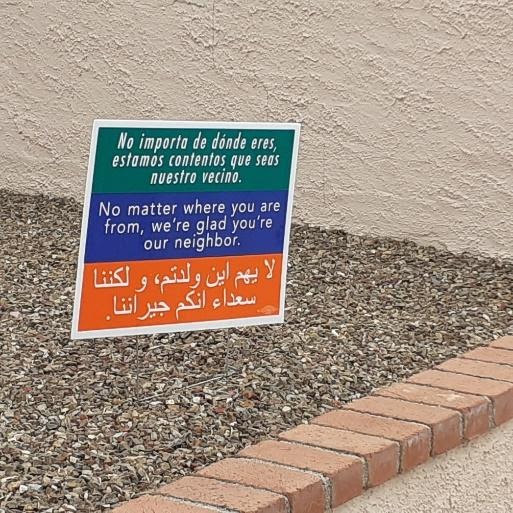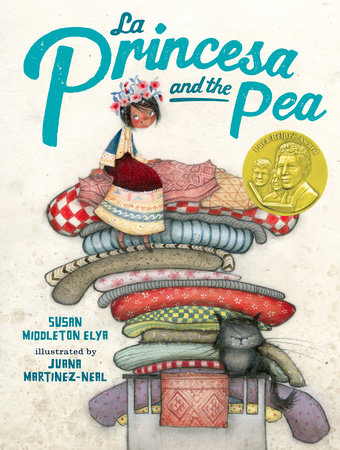by Yoo Kyung Sung, University of New Mexico, Albuquerque and Junko Sakoi, Tucson Unified School District, Tucson
Queen Elizabeth II, the UK’s longest-serving monarch, recently passed away at age 96, after reigning for 70 years. Fourteen countries continue to maintain the monarch as their head of state after gaining independence, despite the collapse of the British Empire in the last century. The death of Queen Elizabeth II could readily accelerate the push by former U.K. colonies to ditch the British crown amid heightened anti-colonial sentiments in the remaining Commonwealth realms (Halb, 2022).
Former UK colonies’ anti-colonial sentiment made us think of colonial histories and facts that are not current hot topics discussed within the global community. Global knowledge of physical outcomes of colonization history is now often romanticized as the beautiful substance of architects, food, festivals, tourism, etc. European countries’ colonial histories in Africa and South America remain aesthetically appreciated based on the historical background of languages, hybrid cultures, diverse ethnicities and educational contexts. Lost are critical perspectives on the colonizers’ past and the colonial indigenous cultures. This leads Junko and I to realize how colonial history among Asian countries is often simplified as Asian history; not knowing who colonized whom in Asia is often a common misperception.
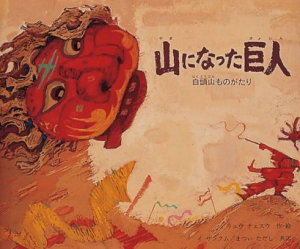 This month, Junko and I explore Korean picturebooks translated and published in Japan to analyze colonization patterns in Korea. In 1910, Korea was annexed by the Empire of Japan after years of war, intimidation and political machinations; Japan ruled Korea until 1945, the end of World War II. Until then, Korea was one of Japan’s colonies. During the Korean War that followed, South Korea established strong ties to the U.K. Continue reading
This month, Junko and I explore Korean picturebooks translated and published in Japan to analyze colonization patterns in Korea. In 1910, Korea was annexed by the Empire of Japan after years of war, intimidation and political machinations; Japan ruled Korea until 1945, the end of World War II. Until then, Korea was one of Japan’s colonies. During the Korean War that followed, South Korea established strong ties to the U.K. Continue reading


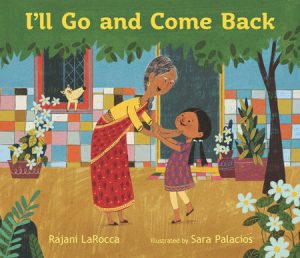 The increasing global mobility and multilingualism of our world are playing out in interesting ways in recent books for children. Some of these books focus on children learning to speak English or on English-speakers struggling to pronounce a child’s name. Still others naturally integrate multiple languages in a translingual book where characters weave additional languages into their dialogue, drawing from the multiple languages they speak and understand. Another trend is an increase in bilingual books with the entire text in two languages.
The increasing global mobility and multilingualism of our world are playing out in interesting ways in recent books for children. Some of these books focus on children learning to speak English or on English-speakers struggling to pronounce a child’s name. Still others naturally integrate multiple languages in a translingual book where characters weave additional languages into their dialogue, drawing from the multiple languages they speak and understand. Another trend is an increase in bilingual books with the entire text in two languages. 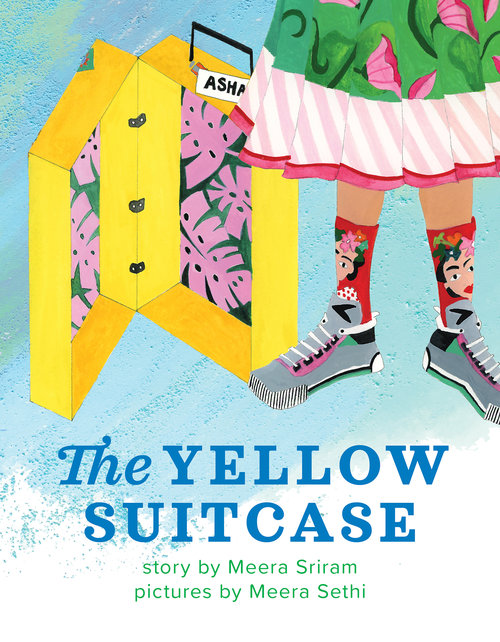 The lack of books depicting contemporary global cultures has been an issue for many years with historical fiction, traditional literature and fantasy dominating the global books published in the U.S. This over-representation of history and traditions often results in stereotypes and misconceptions of these cultures as set back in time or no longer existing in the contemporary world. The recent emergence of picturebooks with contemporary depictions is thus a positive trend in providing books that invite children to make connections between their own culture and global cultures in today’s world.
The lack of books depicting contemporary global cultures has been an issue for many years with historical fiction, traditional literature and fantasy dominating the global books published in the U.S. This over-representation of history and traditions often results in stereotypes and misconceptions of these cultures as set back in time or no longer existing in the contemporary world. The recent emergence of picturebooks with contemporary depictions is thus a positive trend in providing books that invite children to make connections between their own culture and global cultures in today’s world. 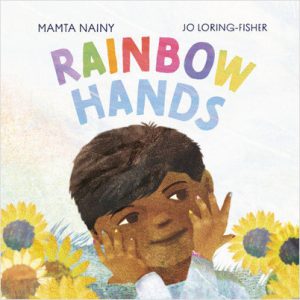 WOW Currents for this month highlights the trends in global books published and/or distributed in the U.S. between Summer 2021 and 2022. Each year, we examine the new books published in that period of time and check out review sources and awards to identify books we believe will be of most interest to K-12 educators for use in their contexts. This process allows us to update the
WOW Currents for this month highlights the trends in global books published and/or distributed in the U.S. between Summer 2021 and 2022. Each year, we examine the new books published in that period of time and check out review sources and awards to identify books we believe will be of most interest to K-12 educators for use in their contexts. This process allows us to update the  This month, WOW Currents highlights the trends in global books published in the U.S. between Summer 2019 and 2020. Each summer, I work on an update for the
This month, WOW Currents highlights the trends in global books published in the U.S. between Summer 2019 and 2020. Each summer, I work on an update for the 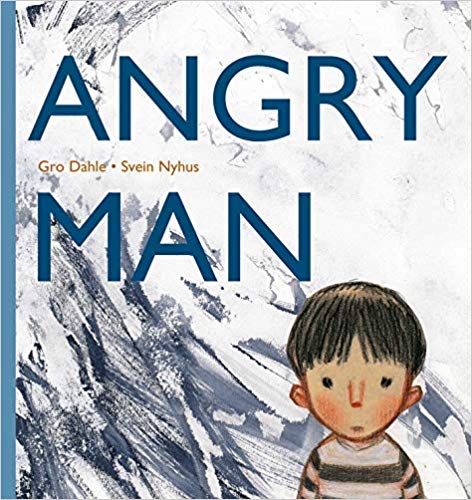 This past week, I was at my local grocery store, masked and intent on finding the items on my list. As I swung around the corner with my buggy (obeying the one way directional arrows on the floor), a young man walked toward me, clearly not obeying the directional arrows. Furthermore he was not wearing a mask (required in all buildings in the state of Illinois). I was ticked–why did he think he could skip the mask, not follow the arrows telling him where to walk, and endanger my health??? For a moment I debated asking about his required mask, but I quickly dropped the idea and ignored him. My anger was safely bottled up and shared only with people as we discussed behaviors that keep us safe. But that is not the case for many across the country, as people express their anger at racism, the pandemic restrictions and any other big or little thing that has happened (e.g., the sun was too bright; my internet crashed yet again). Understandably, we are reacting to the tension of the difficult past months and an unknown future. As adults, we struggle to remain calm and not overreact. If we ourselves are learning how to express our frustrations in this new time, it points to the necessity of helping kids express and deal with their strong emotions, particularly the focus this week: anger.
This past week, I was at my local grocery store, masked and intent on finding the items on my list. As I swung around the corner with my buggy (obeying the one way directional arrows on the floor), a young man walked toward me, clearly not obeying the directional arrows. Furthermore he was not wearing a mask (required in all buildings in the state of Illinois). I was ticked–why did he think he could skip the mask, not follow the arrows telling him where to walk, and endanger my health??? For a moment I debated asking about his required mask, but I quickly dropped the idea and ignored him. My anger was safely bottled up and shared only with people as we discussed behaviors that keep us safe. But that is not the case for many across the country, as people express their anger at racism, the pandemic restrictions and any other big or little thing that has happened (e.g., the sun was too bright; my internet crashed yet again). Understandably, we are reacting to the tension of the difficult past months and an unknown future. As adults, we struggle to remain calm and not overreact. If we ourselves are learning how to express our frustrations in this new time, it points to the necessity of helping kids express and deal with their strong emotions, particularly the focus this week: anger. 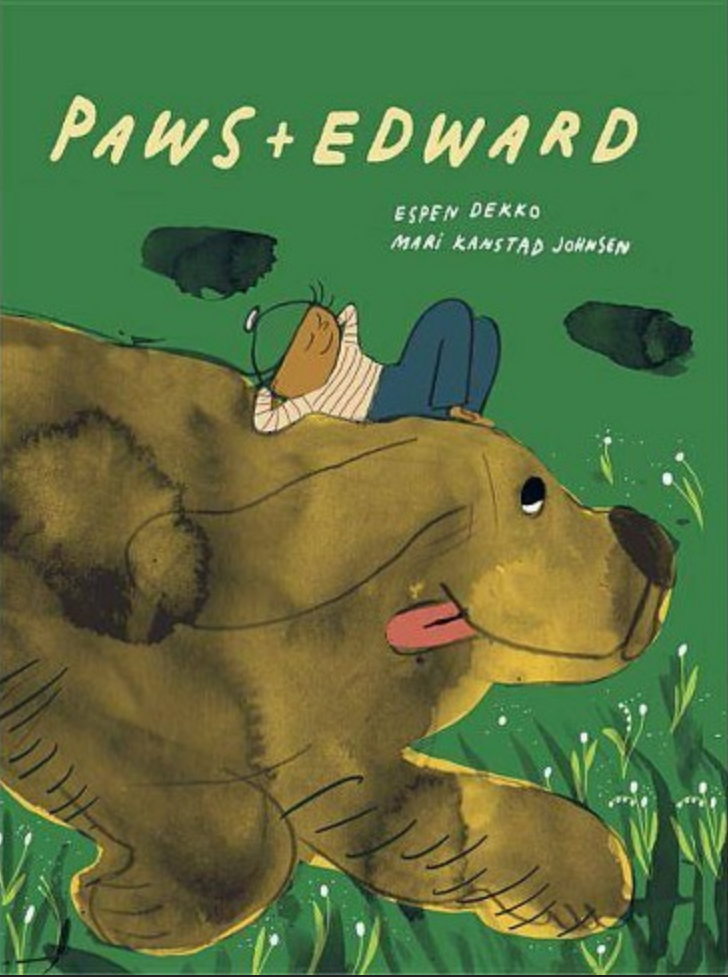 These past few months have given us plenty of big issues to think about with children. The pandemic has impacted daily life in families, communities, the economy and what the future looks like. If that is not enough, we are now grappling with overt racism as we hear of prejudice against Asian-Americans and police brutality towards African Americans. Immigration policy and deportations have taken a back seat in the news to race riots. The daily news has created fear and anxiety.
These past few months have given us plenty of big issues to think about with children. The pandemic has impacted daily life in families, communities, the economy and what the future looks like. If that is not enough, we are now grappling with overt racism as we hear of prejudice against Asian-Americans and police brutality towards African Americans. Immigration policy and deportations have taken a back seat in the news to race riots. The daily news has created fear and anxiety. 